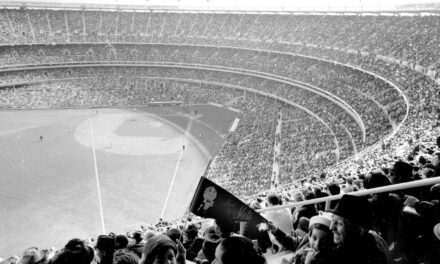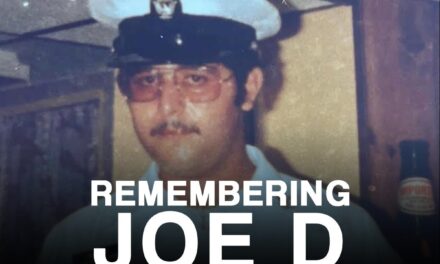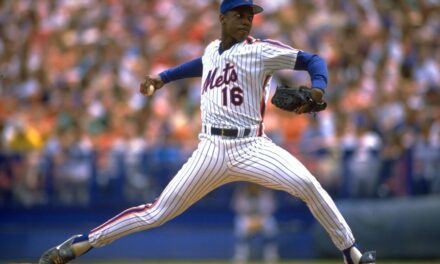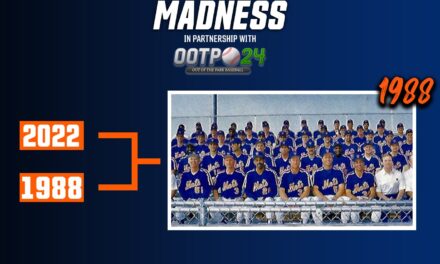
He had been part of the Mets organization since 1991, began with the major league club in 1993, was an Opening Day starter in the mid-90s, and an All-Star in 1997. By the time they reached the postseason in 1999, Jones was one of the longest-tenured players.
But when it came time to make up the playoff roster, Jones — who had a 5.61 ERA in just 12 appearances — was left off. Getting the chance to appear in the postseason is a once-in-a-career opportunity for some. And while the Mets were on track for a second straight October trip in 2000, Jones’ effectiveness was continuing a serious downturn. He was sent to the minors at mid-season, only to work his way back into the big league rotation by the time the Division Series arrived.
Following two thrilling wins against the Giants that put the Mets one victory from the League Championship Series, little did anyone believe Bobby Jones was on the verge of an all-time performance. But his wife had a premonition.
“You won’t be sorry,” she supposedly told manager Bobby Valentine. “He’ll pitch the game of his life.”
Jones had steadily improved since returning from that demotion — going 8-2 with a 3.98 ERA during the second half after a 1-3 record over his first eight starts and a dreadful 10.19 ERA in 32⅔ innings.
Still, there was no earthly reason to believe what was ahead. Forget past personal history, he was facing a lineup no pitcher would envy: with MVPs Jeff Kent and Barry Bonds smack in the middle of it.
Jones, though, set them down in order over four innings. But in the fifth, Kent led off with a tracer just above the outstretched reach of third baseman Robin Ventura, who had provided the early offense with a first-inning two-run homer.
Kent’s double was followed by two walks and two outs. With Jones’ opposite number, Mark Gardner, due up, Giants manager Dusty Baker chose to have his pitcher bat for himself instead of sending up a pinch-hitter.
Gardner was retired and promptly allowed New York to add to its lead in the bottom of the fifth. Jones then asserted his dominance even more.
With pinpoint control and changing speeds, San Francisco batters were methodically retired — rendered helpless by a pitcher who just four months ago didn’t know if he’d be a major leaguer again, let alone a postseason pitcher.
The finishing touch on this masterpiece came against Barry Bonds, a meager 3-for-17 in the series, who lifted the first pitch he saw into center field. Jay Payton raced over to his right and made the catch.
Jubilant teammates mobbed the pitcher with the common name who had achieved an uncommon feat — what was then just the sixth one-hitter in playoff history.
It was a performance nobody saw coming. Nobody, except for Kristi Jones.















